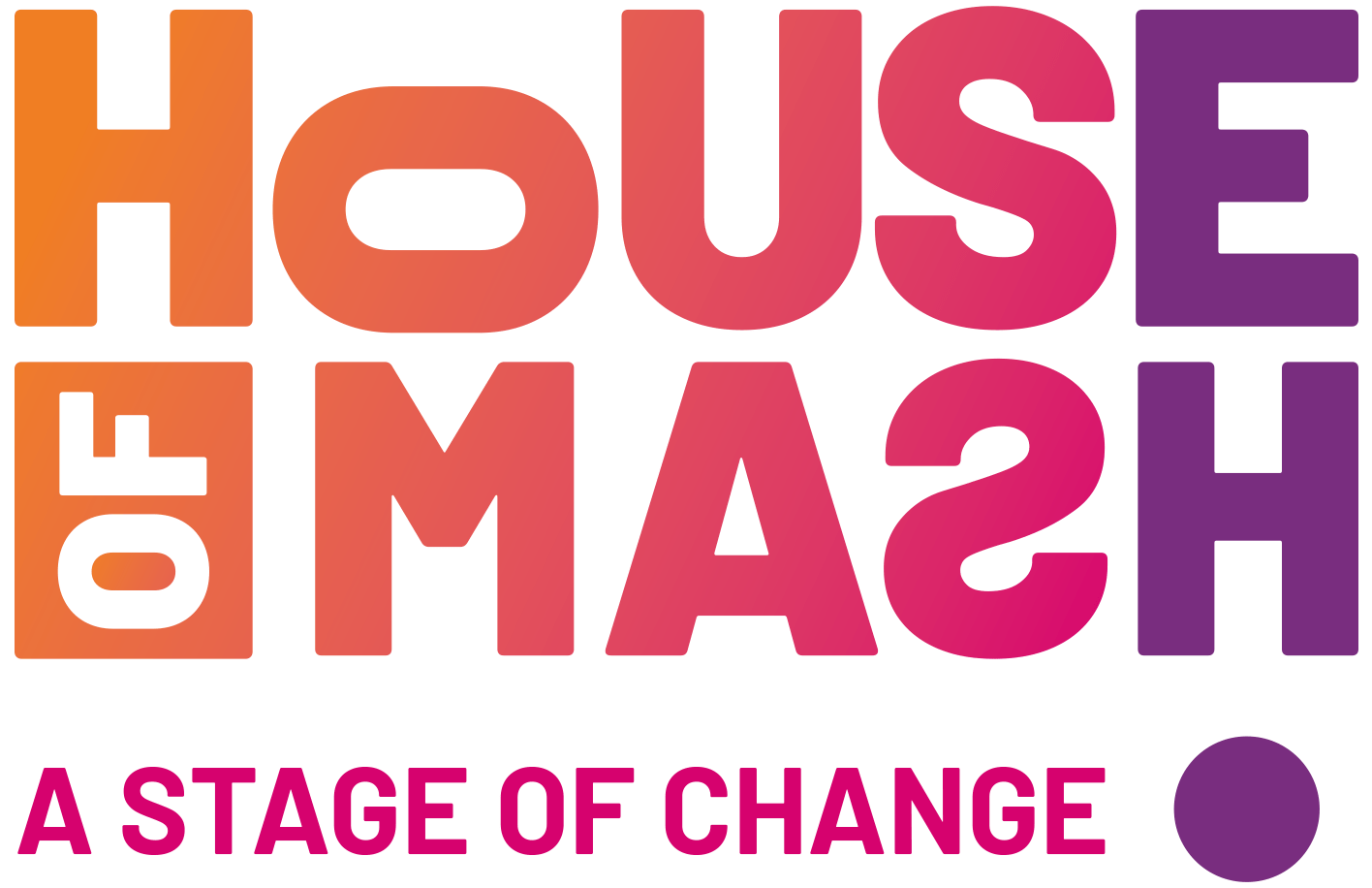Circus isn’t just about dazzling performances and jaw-dropping feats of skill—it’s also a powerful tool for promoting mental health and well-being. From boosting confidence to reducing stress, research suggests that engaging in circus activities can have a range of positive effects on our mental health.
In this blog post, we’ll explore five ways circus can benefit your mental health and how you can incorporate circus skills into your everyday life.
5 Benefits of Circus for Mental Health
1. Boosting Confidence and Self-Esteem
Learning circus skills requires practice, patience, and perseverance. As you master new tricks and techniques, you’ll build confidence in your abilities and develop a greater sense of self-esteem. Whether you’re conquering your fear of heights on the trapeze or mastering the art of juggling, each achievement can boost your confidence and leave you feeling empowered.
2. Enhancing Cognitive Function
Circus activities, such as juggling and acrobatics, require focus, concentration, and spatial awareness. Research suggests that engaging in these activities can help improve cognitive function, including memory, problem-solving skills, and coordination. By challenging your brain in new and exciting ways, circus can keep your mind sharp and agile.
3. Reducing Stress and Anxiety
The physical activity involved in circus can have a profound effect on your mental well-being. Exercise releases endorphins, which are chemicals in the brain that act as natural mood lifters. Whether you’re swinging on the trapeze or tumbling on the mats, the adrenaline rush and sense of accomplishment can help reduce stress and anxiety, leaving you feeling more relaxed and content.
4. Fostering Social Connections
Circus is often a collaborative and community-oriented activity, providing opportunities to connect with others and build meaningful relationships. Whether you’re training with a group of fellow enthusiasts or performing in front of an audience, circus can help foster a sense of belonging and camaraderie. Social connections are essential for maintaining good mental health, and circus provides a supportive and inclusive environment where people of all backgrounds can come together and bond over a shared passion.
5. Cultivating Mindfulness and Presence
Many circus activities require a high level of concentration and mindfulness, as performers must focus on the present moment and tune in to their body’s movements. Whether you’re balancing on a tightrope or spinning plates, circus can teach you to be more present and mindful in your everyday life. By learning to quiet the mind and embrace the moment, you can reduce feelings of stress and overwhelm and cultivate a greater sense of peace and clarity.
Incorporating Circus Into Your Everyday Life
Now that we’ve explored the many ways circus can benefit your mental health, you may be wondering how you can incorporate circus skills into your everyday routine.
Here are a few ideas to get you started:
- Start your day with a few minutes of juggling or stretching to wake up your body and mind.
- Take a circus class or workshop to learn new skills and meet like-minded people in your community.
- Set aside time each week to practice circus activities that you enjoy, whether it’s hula hooping, aerial silks, or clowning.
- Use circus as a form of self-care by incorporating it into your relaxation routine. Whether you’re unwinding after a long day or taking a break from a stressful situation, circus can provide a fun and uplifting escape.
By embracing circus as a tool for promoting mental health and well-being, you can unlock a world of creativity, connection, and joy. So grab your leotard, dust off your clown nose, and get ready to discover the transformative power of circus in your life.

